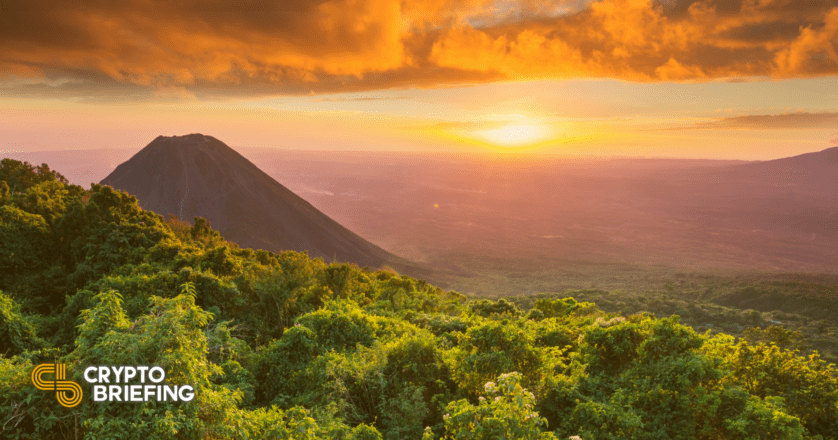El Salvador Won't Tax Foreign Investors on Bitcoin Profits
El Salvador will reportedly exempt foreign Bitcoin investors from paying taxes to encourage foreign investments.

Key Takeaways
- Last week, El Salvador became the first country to officially recognize Bitcoin as legal tender.
- The country now reportedly plans to attract foreign investments by exempting foreign investors from paying taxes on Bitcoin gains.
- The Salvadoran government will reportedly trace Bitcoin transactions on its official BTC wallet Chivo.
Share this article
El Salvador is reportedly moving to exempt foreign investors from paying taxes on their Bitcoin gains.
No Bitcoin Taxes for Foreigners
El Salvador plans to make foreign investors exempt from paying taxes on Bitcoin gains, Javier Argueta, legal adviser to the Salavadoran President Nayib Bukele reportedly told Agence France-Presse (AFP).
“If a person has assets in Bitcoin and makes high profits, there will be no tax. This is done obviously to encourage foreign investment,” Argueta reportedly told AFP, adding that foreign Bitcoin investors would not have to pay capital gains or income taxes on Bitcoin transactions.
El Salvador made history on Sep. 7 by becoming the first country to officially grant Bitcoin—a non-fiat currency—legal tender status. While the move was widely celebrated by the crypto community, many experts and regulators have described it as risky, citing environmental, transparency, and volatility concerns.
Commenting on the risks of potential use in illegal activities, Argueta noted that the Salvadorean government has implemented “relevant mechanisms” to ensure traceability of Bitcoin transactions on the country’s official Bitcoin wallet Chivo. He said:
“We are implementing a series of recommendations from international institutions against money laundering.”
Concerning potential volatility issues, Argueta said that the Chivo wallet would also temporarily halt Bitcoin transactions if Bitcoin’s value collapses to subdue the impact of extreme volatility or price fluctuations.
That being said, using Chivo is optional for Salvadoreans, meaning they’re free to use any Bitcoin wallet available on the market.
El Salvador’s plan to make Bitcoin legal tender is largely motivated by the fact that over 70% of its citizens have no access to banking services, while remittances from abroad comprise nearly a quarter of the country’s GDP, with around the same percentage of the population receiving them. Announcing the plan at the Bitcoin 2021 conference back in June, President Bukele said:
“In the short term, this will generate jobs and help provide financial inclusion to thousands outside the formal economy. And in the medium and long term, we hope that this decision can help us push humanity, at least a tiny bit, into the right direction.”
The move, however, was met with some pushback from supranational financial regulators, namely the International Monetary Fund (IMF) and the World Bank. Speaking at a press conference only a day after the bill was passed, IMF’s Director of Communications Gerry Rice said that the move raises “a number of macroeconomic, financial and legal issues that require very careful analysis.”
The World Bank also refused to give El Salvador assistance with implementing Bitcoin payments, citing environmental and transparency shortcomings as the reason.
Share this article
